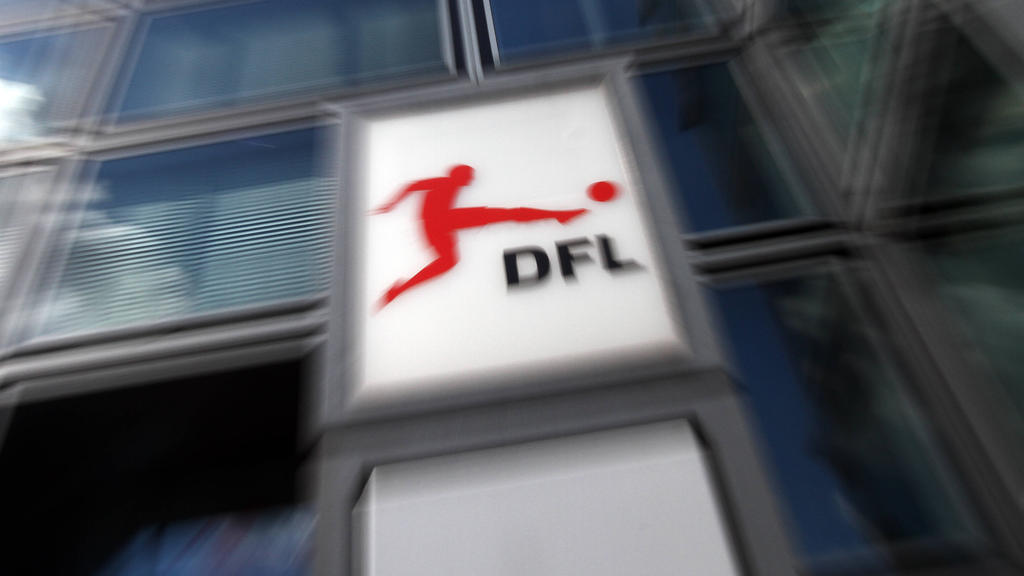German league issues guidelines on fans' return

The return of supporters to German stadiums next season took a step closer on Wednesday as the 36 clubs in the Bundesliga's top two tiers received guidelines on how to keep spectators safe from infection amid the coronavirus pandemic.
The Bundesliga season finished at the end of June with the last nine round of matches played behind closed doors.
However, with clubs having lost millions in match day revenue, the German Football league (DFL) has provided help in how to create a safe environment in grounds.
"The guideline serves as an orientation for the basic structure" of hygiene concepts and "contains numerous aspects to be considered," the DFL said in a statement.
Each club would need their concept approved by the local health authority.
The DFL's guide has already been submitted to the German government's Federal Ministry of Health (BMG) for evaluation.
As the league points out, the BMG says high standards of protection to prevent infection is a basic requirement before fans can return.
Germany currently has around 200,000 cases and recorded 9,071 deaths due to the virus.
Top clubs like champions Bayern Munich, Borussia Dortmund and RB Leipzig are reportedly already working on hygiene concepts which could see a number of fans return.
Dortmund have tested a system to measure body temperatures of supporters.
"I am hopeful that at least a small proportion of fans will be admitted again from September," Dortmund chief executive Hans-Joachim Watzke said at the end of June.
Union Berlin are looking into playing home games in front of a full house when the 2020/21 campaign starts in Germany on September 18.
Union want club employees tested and for all 22,000 ticket holders for each home game to produce a negative test for COVID-19 within 24 hours of kick-off.
However, Union's plans have already been criticised and a leading virologist dubbed it "irresponsible".
"Until we have a vaccine, there won't be a full stadium," Ulf Dittmer, director of virology at the University Hospital in Essen told newspaper WAZ.
Dittmer worries despite a negative test, someone could still be "infectious one day later in the stadium" and spread the virus on packed terraces.




